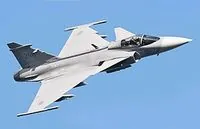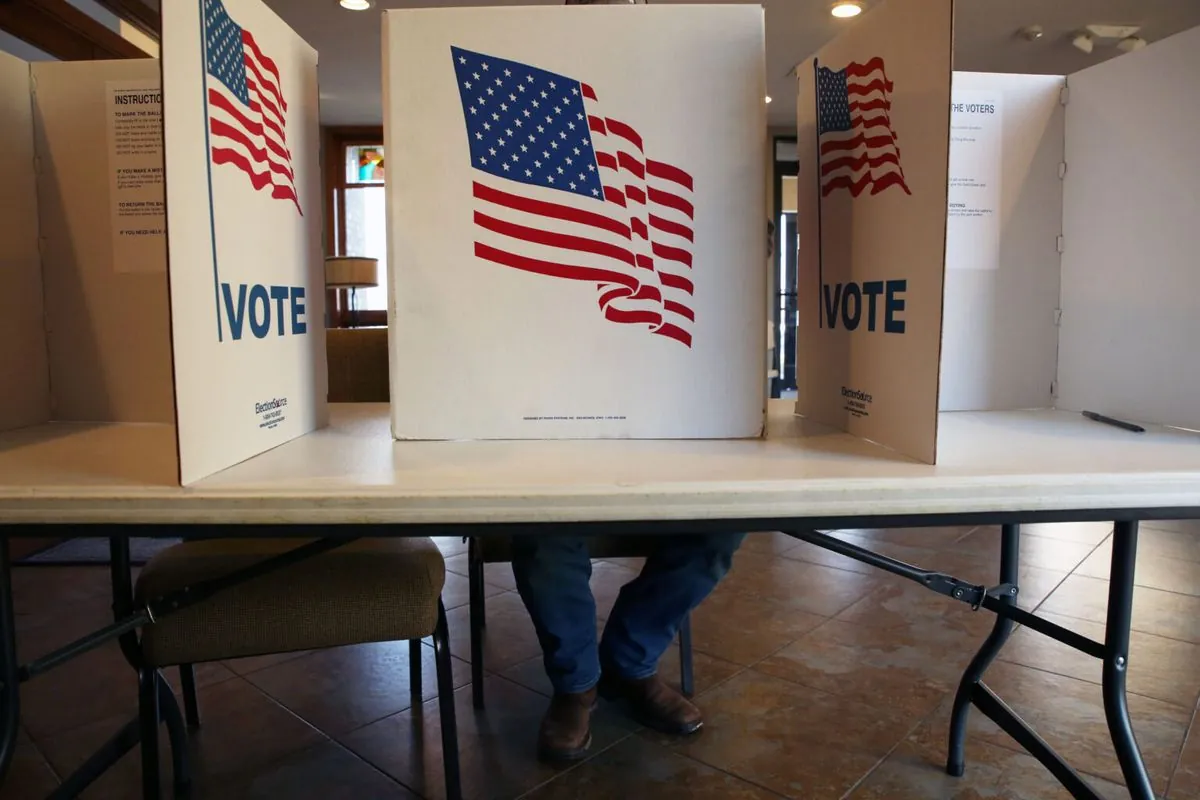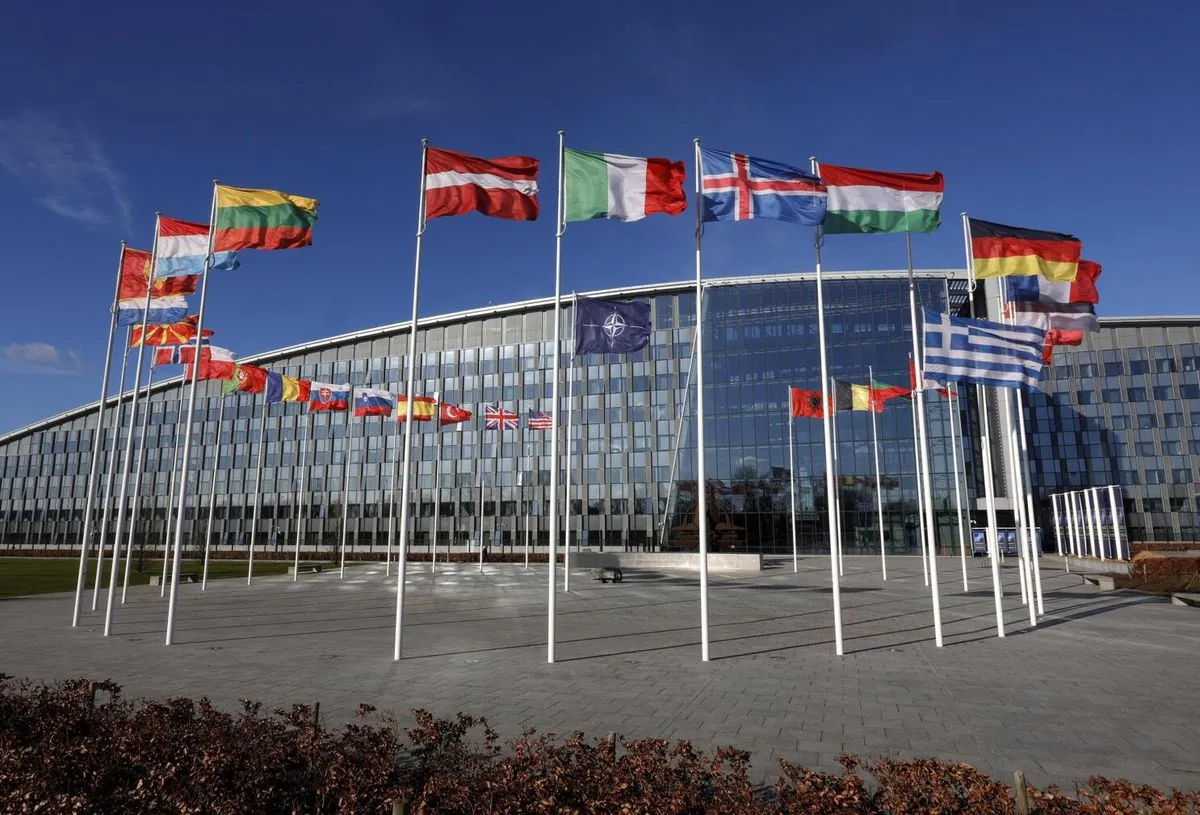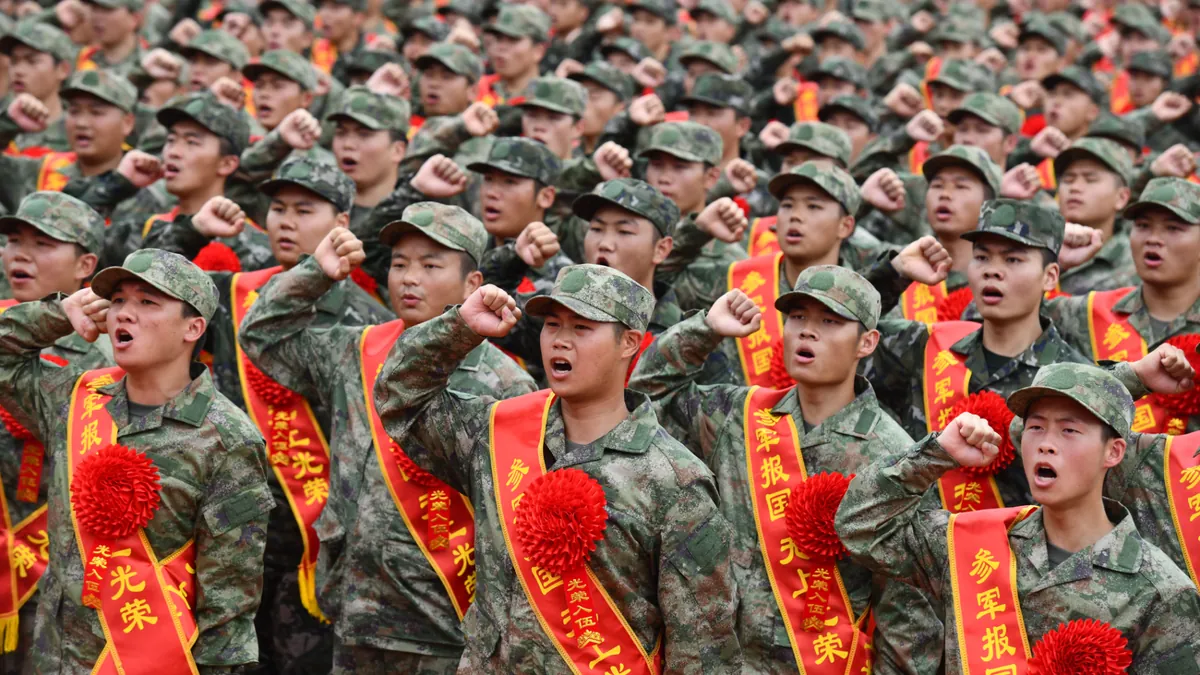North Korea Signals Shift in U.S. Diplomacy Approach, Regardless of Election Outcome
North Korea indicates a move away from personal diplomacy with the U.S., regardless of the upcoming election results. The nation emphasizes its readiness for either dialogue or confrontation with any future administration.
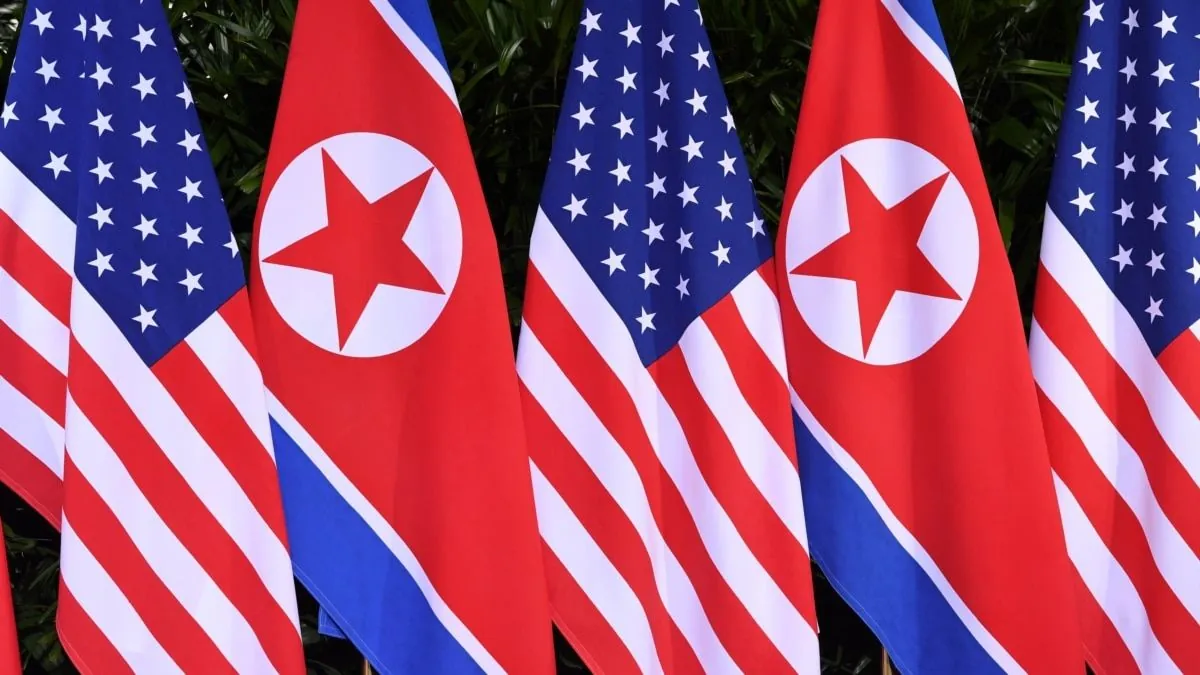
In a significant shift from previous diplomatic approaches, North Korea has signaled a change in its stance towards relations with the United States. This development comes as the U.S. prepares for its presidential election on November 5, 2024, highlighting the complex dynamics of international diplomacy.
Song Kim, North Korea's ambassador to the United Nations, addressed the annual U.N. General Assembly in New York, stating, "Whoever takes office in the U.S., we will only deal with the state entity called the U.S., not the mere administration." This statement underscores North Korea's intention to engage with the United States as a whole, rather than focusing on individual leaders or administrations.
The Democratic People's Republic of Korea (DPRK), as North Korea officially calls itself, has a long and complex history with the United States. The two nations have never established formal diplomatic relations, and tensions have persisted since the Korean War ended in an armistice in 1953. North Korea's nuclear program, which began in the 1950s with Soviet assistance, has been a major point of contention.
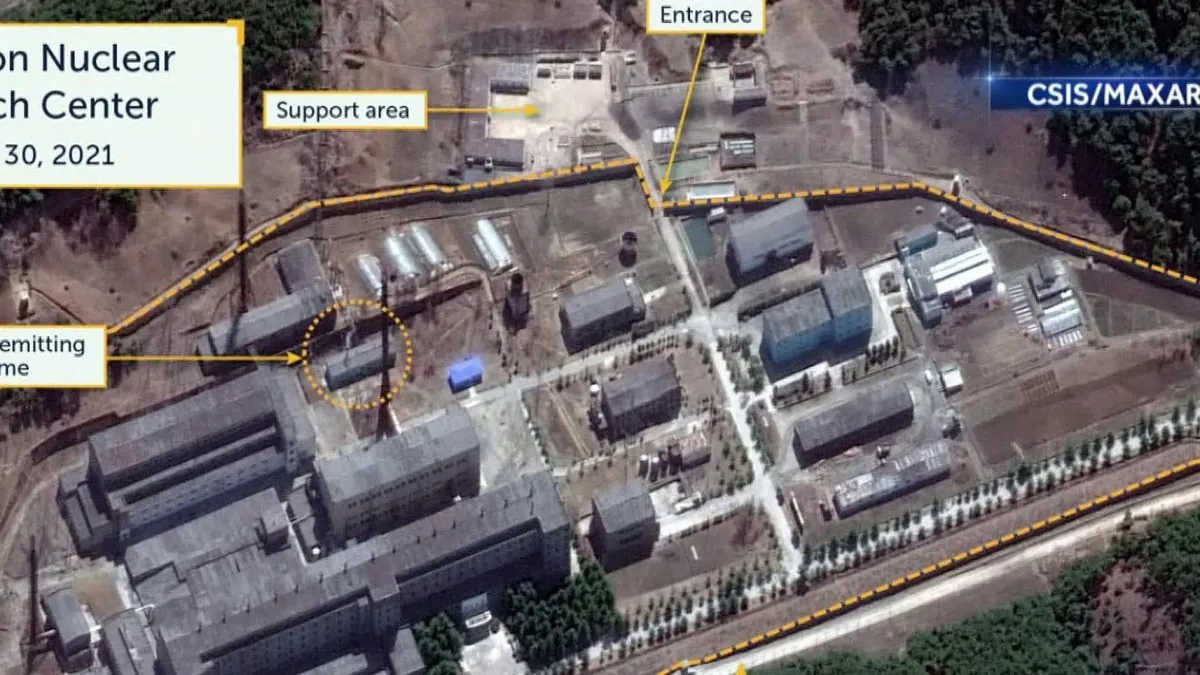
Since 2006, North Korea has conducted six nuclear tests, with the most recent occurring in 2017. The country is believed to possess between 20-60 nuclear warheads and has developed intercontinental ballistic missiles capable of reaching the United States. These developments have led to multiple rounds of U.N. sanctions and North Korea's designation as a state sponsor of terrorism by the U.S. in 2017.
The shift in North Korea's diplomatic approach comes after a period of unprecedented personal diplomacy between former U.S. President Donald Trump and Kim Jong Un, who became North Korea's Supreme Leader in 2011. Their engagement included the first-ever summit between a sitting U.S. president and a North Korean leader in 2018. However, a subsequent summit in Vietnam in 2019 collapsed over disagreements on sanctions relief and denuclearization.
"He doesn't like this group. We are in great danger. We're at great danger of being in World War Three."
Trump has recently criticized the current administration's handling of foreign relations, claiming that world leaders, including Kim Jong Un, do not respect President Biden. However, North Korea's recent statements suggest a move away from personal diplomacy, regardless of who occupies the White House.
North Korea's economy, which operates under a centrally planned model and follows a "Juche" ideology of self-reliance, remains heavily sanctioned and largely isolated from global trade. The country, with a population of approximately 25 million, has been accused of numerous human rights violations and maintains a "Songun" or "military-first" policy.
Song Kim justified North Korea's nuclear weapons program, citing what he described as over 70 years of U.S. hostility and nuclear threats. This perspective aligns with North Korea's withdrawal from the Nuclear Non-Proliferation Treaty in 2003 and its subsequent nuclear tests.
As the international community continues to grapple with North Korea's nuclear ambitions, the country's leadership emphasizes its readiness for either dialogue or confrontation. This stance, coupled with the ongoing presence of U.S. troops in South Korea since the Korean War, underscores the complex geopolitical landscape in the region.
The coming months and years will likely see continued efforts to address the challenges posed by North Korea's nuclear program, with the international community seeking a path towards stability and denuclearization on the Korean Peninsula.

























